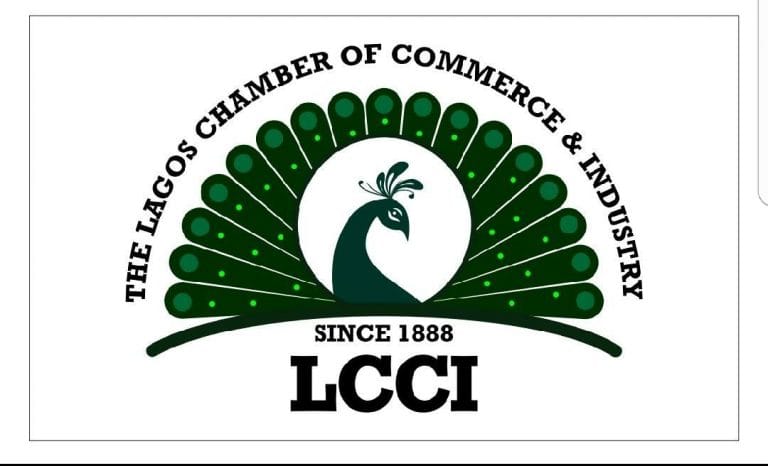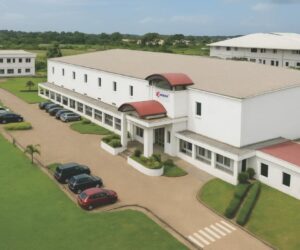The Lagos Chamber of Commerce and Industry (LCCI) has called on the Federal Government to adopt a balanced, phased approach in the implementation of the newly introduced 15% import tax on petrol and diesel.
The Chamber acknowledged the government’s intention to strengthen Nigeria’s local refining capacity and reduce import dependence but warned that the policy, if not carefully managed, could trigger unintended economic consequences.
In a statement signed by its Director-General, Dr. Chinyere Almona, the LCCI noted that while the measure aligns with the country’s broader industrial and energy self-sufficiency goals, the timing and sequencing of its implementation are critical.
According to the Chamber, the current state of domestic refining capacity raises concerns about the ability of local refineries to meet national demand if fuel importation is discouraged too quickly.
Almona stated that Nigeria is already grappling with inflationary pressures, rising production costs, and supply chain disruptions, adding that a sudden increase in fuel prices could further aggravate the situation.
“The business community is currently facing significant cost-of-living pressures, logistics challenges, and inflationary strains. Any additional cost shock, such as increased fuel prices, would ripple through key sectors including transportation, agriculture, manufacturing, and trade—ultimately worsening the burden on consumers and small businesses,” she said.
The LCCI emphasized that discouraging fuel imports is a necessary step toward achieving domestic energy security and encouraging investments in local refining.
SPONSOR AD
However, it stated that without sufficient refining capacity, a premature imposition of the tax could result in fuel shortages, higher pump prices, and inflationary effects that would undermine the very objectives of the policy.
The chamber recommended that the government create a comprehensive framework for crude oil supply to domestic refineries in naira rather than foreign exchange, a move it said would improve cost efficiency, stabilize local production, and strengthen the value chain.
“Our interest lies in building a diversified downstream sector where multiple refineries, modular plants, and logistics firms can thrive under a level playing field. Transparency, consistency, and fairness must be at the core of this process,” the Chamber stated. It also urged the government to resolve ongoing labour union issues and create an enabling environment that promotes industrial harmony and private sector confidence.
The LCCI therefore recommended postponing the implementation of the policy until the government demonstrates tangible progress in supporting local refineries.
It suggested that during this transition period, authorities should empower local refiners through an efficient “crude-for-naira” supply chain that guarantees adequate and affordable crude supply. Once local refining capacity is firmly established, the Chamber said, the import tax would naturally discourage fuel importation, promote the use of locally refined products, and yield multiple economic benefits—including job creation, foreign exchange conservation, a stronger naira, and increased government revenue.
IDEAL FOR Civil/Public servants, Engineers, Doctors, Entrepreneurs, IT Experts/Software Developers, Top Bankers and more.








